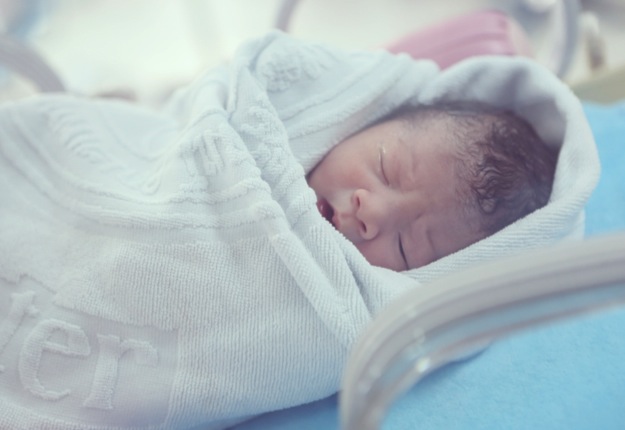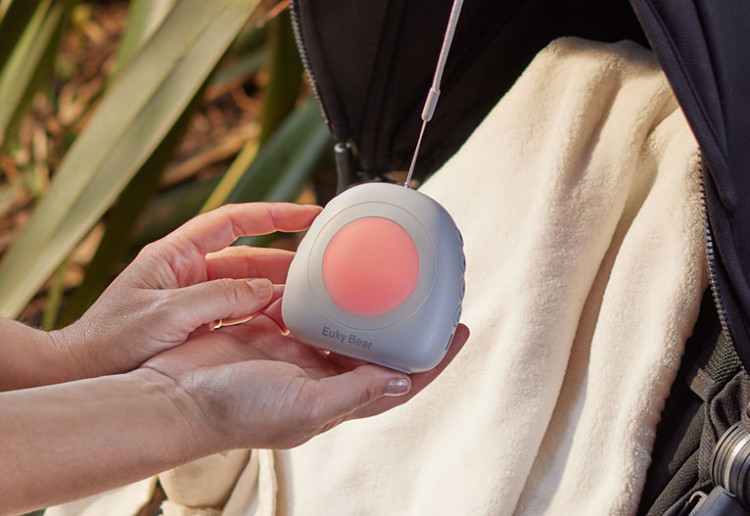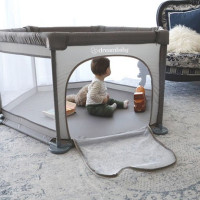It’s just as important to educate yourself in perinatal mental health issues, as it is to educate yourself about maternal complications like preeclampsia or gestational diabetes.
Hopefully they will not be applicable to you, but if they are, you will have a basic understanding about them and know where to seek additional support. The good news is that birth trauma is not very common. Two thirds of women experience joyful, wonderful and fulfilling births, as they should.
However, it is also important that we do acknowledge those women amongst us who do not, so we do not alienate or dismiss their experiences.
Birth trauma can range from disappointing, distressing and traumatic experience during the birth of your baby. And can also be experienced by fathers, partners and other support people who attend the birth.
There are no set events that have to occur for a woman to feel traumatised, simply, if you feel traumatised – then you were.
For a very small amount of women, they have an experience that can be so distressing they will meet the criteria for PTSD. Research suggests that this is between 3 – 6% of women and although that number is low, those women really do need to be acknowledged and supported in their recovery.
So how will I know if I have birth trauma?
There is no specific formula or checklist, so if you feel that your birth has left you feeling disappointed, distressed or traumatised then you may have birth trauma. This can be caused by a range of feelings such as feeling unsupported during birth, coerced into interventions, fearful for your life or your baby’s life, experiencing horror, or helplessness.
All women are different and all birth trauma is unique.
So how will I know if I have PTSD?
PTSD has a range of symptoms split into these categories: re-experiencing, hypervigilance, avoidance and cognitive changes.
What could this look like after birth?
- Re-living the traumatic event – The mother relives the birth through unwanted and recurring memories, often in the form of vivid images and nightmares. There may be intense emotional or physical reactions, such as sweating, heart palpitations or panic when reminded of the event.
- Being overly alert or wound up – The mother experiences sleeping difficulties outside or expected sleep issues with a new baby, irritability and lack of concentration, becoming easily startled and constantly on the lookout for signs of danger for herself or the baby.
- Avoiding reminders of the event – The mother deliberately avoids activities, places like the hospital, pregnant women, birth media, thoughts or feelings associated with the birth because they bring back painful memories.
- Feeling emotionally numb – The mother loses interest in day-to-day activities, feels cut off and detached from friends and family, or feels emotionally flat and numb. She can also experience delayed bonding with her baby, which can be very distressing. This bonded relationship can be achieved with support and allowing time. It is very important mothers understand that this is not a representation of her as a mother or a woman. Many women experience this and this does not make her a bad mother. It is a symptom of an illness that can be recovered from.
How do I get help?
A trained mental health professional that specialises in trauma would be the best place to start if you think you may have PTSD.
This could be a mental health nurse, a Mental Health social worker, a psychologist or psychiatrist. Ask if they have experience dealing with trauma and also perinatal mental health.
If you feel distressed or disappointed about your birth, a mental health professional would also be helpful, but some experienced midwives may help you gain a better understating of what happened during your birth that could be helpful if you have some unanswered questions.
If you think this may be too distressing to start with, seek the support of a mental health professional who can help with developing self soothing and stress reduction techniques first before you expose yourself to potentially retraumatising material.
Lastly, some important messages:
- Seek help. You do not have to go through this alone. What you are experiencing is valid and real.
- A healthy baby is not all that matters in this situation.
- You can be grateful for the health of your baby as well as feel distressed about their birth. These are two separate things and one is not cancelled out by the other.
- You’re a good mother, doing your best.
Have you or someone close to you experienced birth trauma? Please share your experiences in the comments below.





















8:18 pm
9:06 pm
4:49 am
8:14 am
7:29 am
7:02 am
4:08 pm
10:13 pm
9:01 pm
10:07 pm
11:20 pm
7:43 am
8:33 pm
8:40 am
10:06 pm
- 1
- 2
- 3
- »
Post a comment